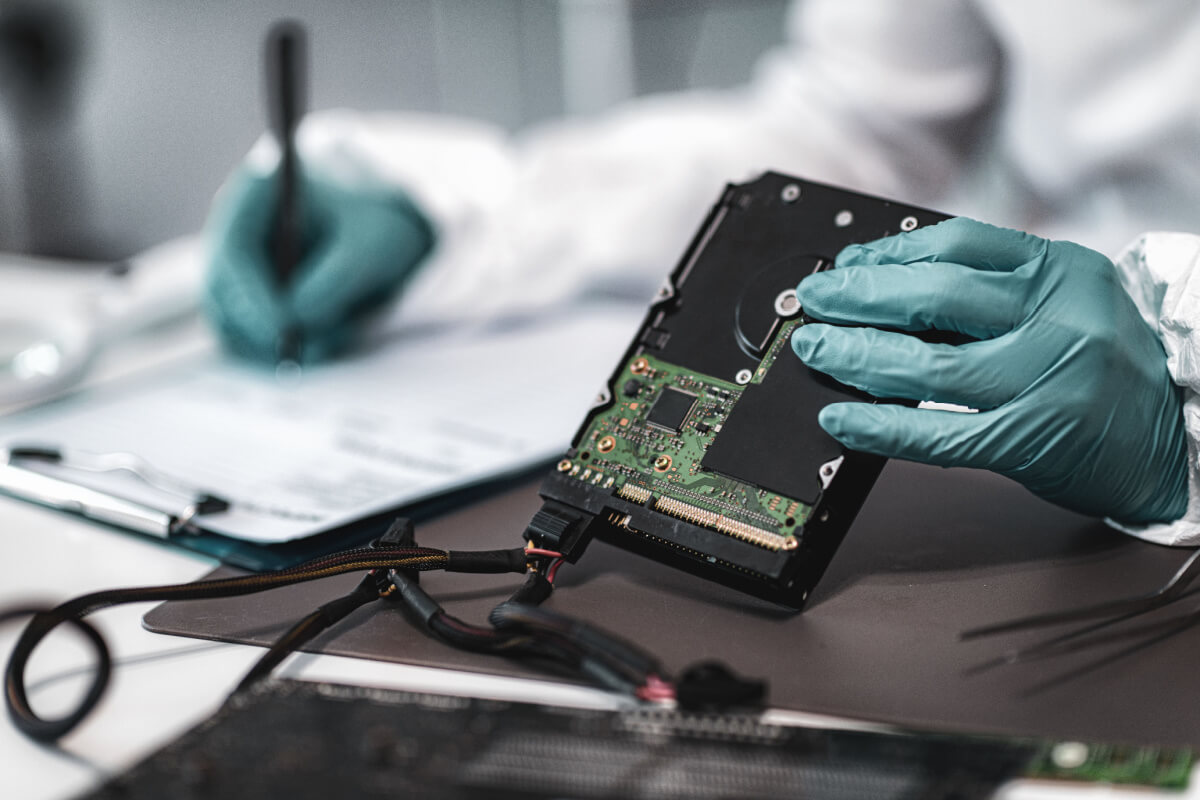As technology continues to shape how we live, it’s also redefining how justice is served. Digital evidence—texts, emails, social media activity, GPS data, and even smart home logs—has become a crucial tool in criminal investigations and trials. Courts today rely on this digital footprint not just to corroborate facts but often to establish timelines, intent, and even alibis. Law enforcement agencies increasingly work with cyber-forensic experts to extract and analyze data that can make or break a case.
However, the rise of digital evidence brings challenges, particularly regarding authenticity and privacy. Unlike traditional physical evidence, digital data is susceptible to manipulation or deletion, raising questions about admissibility and reliability. Judges and juries must be educated on how digital forensics works to understand the weight such evidence should carry. Additionally, legal frameworks must evolve to address how and when digital evidence can be collected without infringing on constitutional rights.
Ultimately, digital evidence is reshaping modern legal strategy. Defense attorneys and prosecutors alike must stay informed and technologically literate to navigate these complex layers. As legal systems worldwide adapt to this shift, maintaining a balance between technological innovation and the fundamental rights of individuals becomes not just necessary, but urgent.










